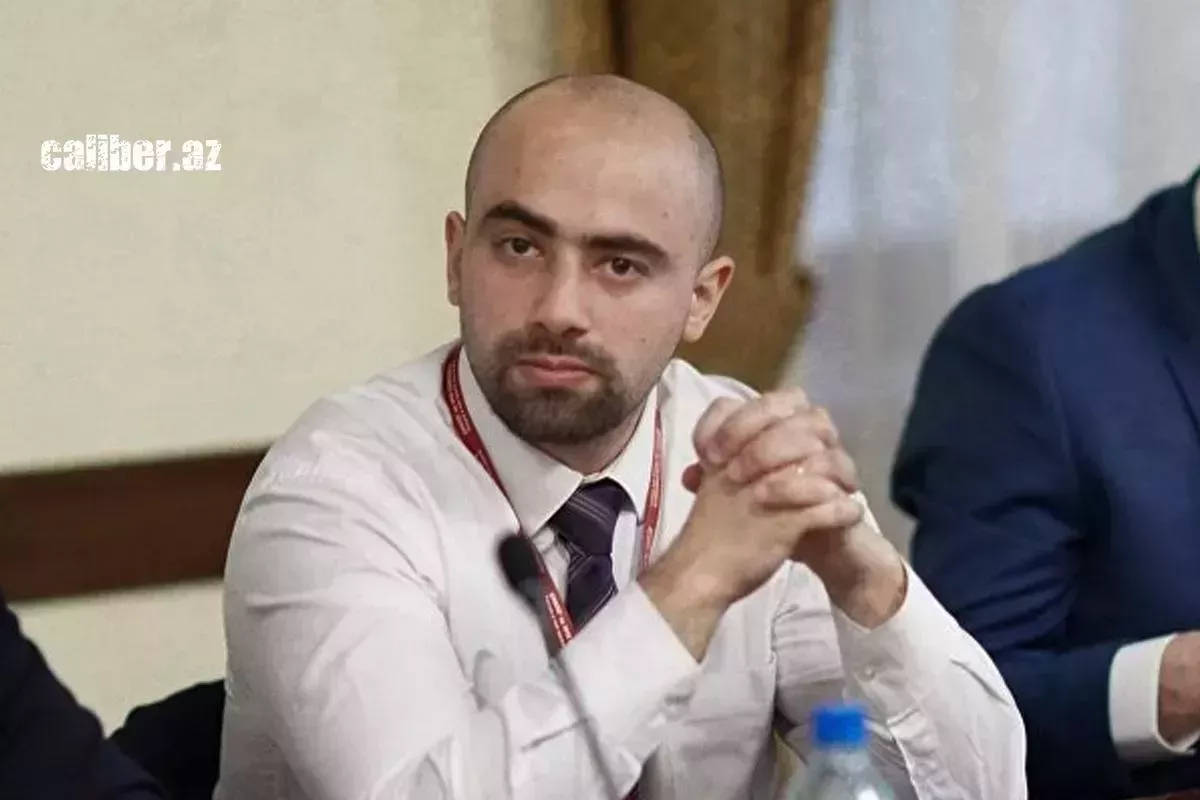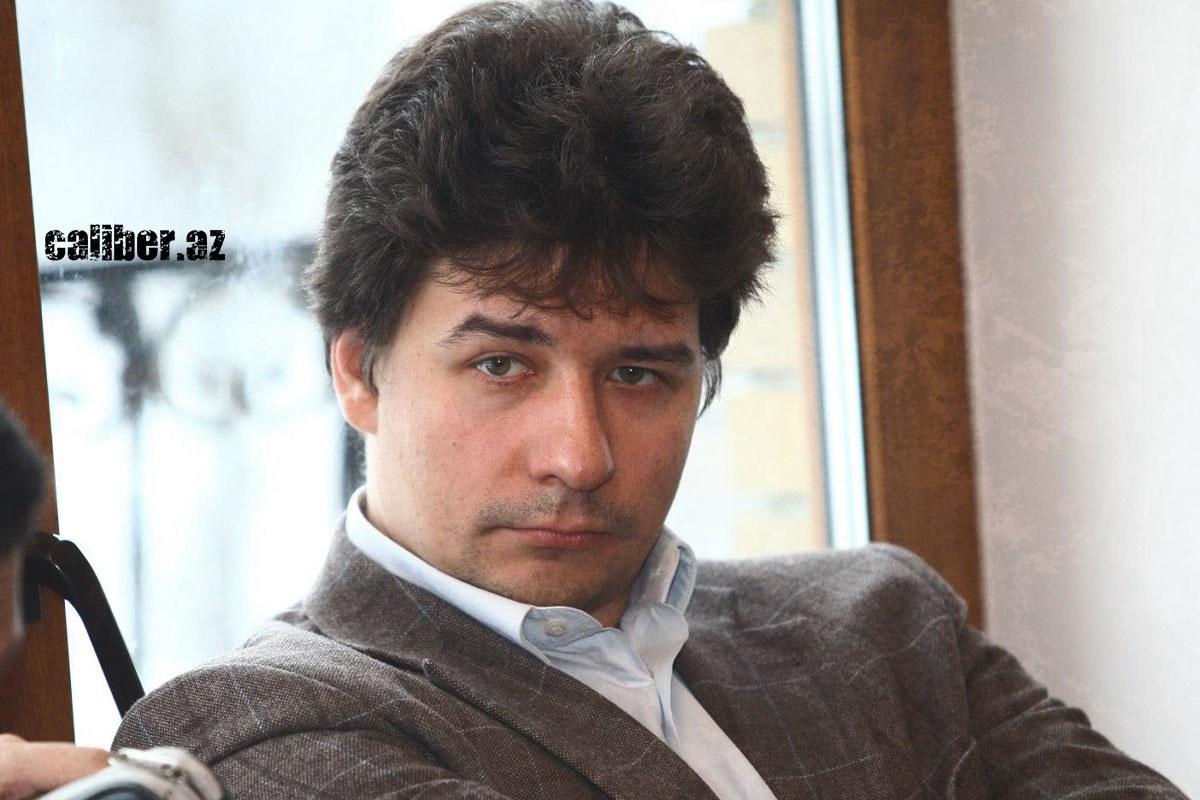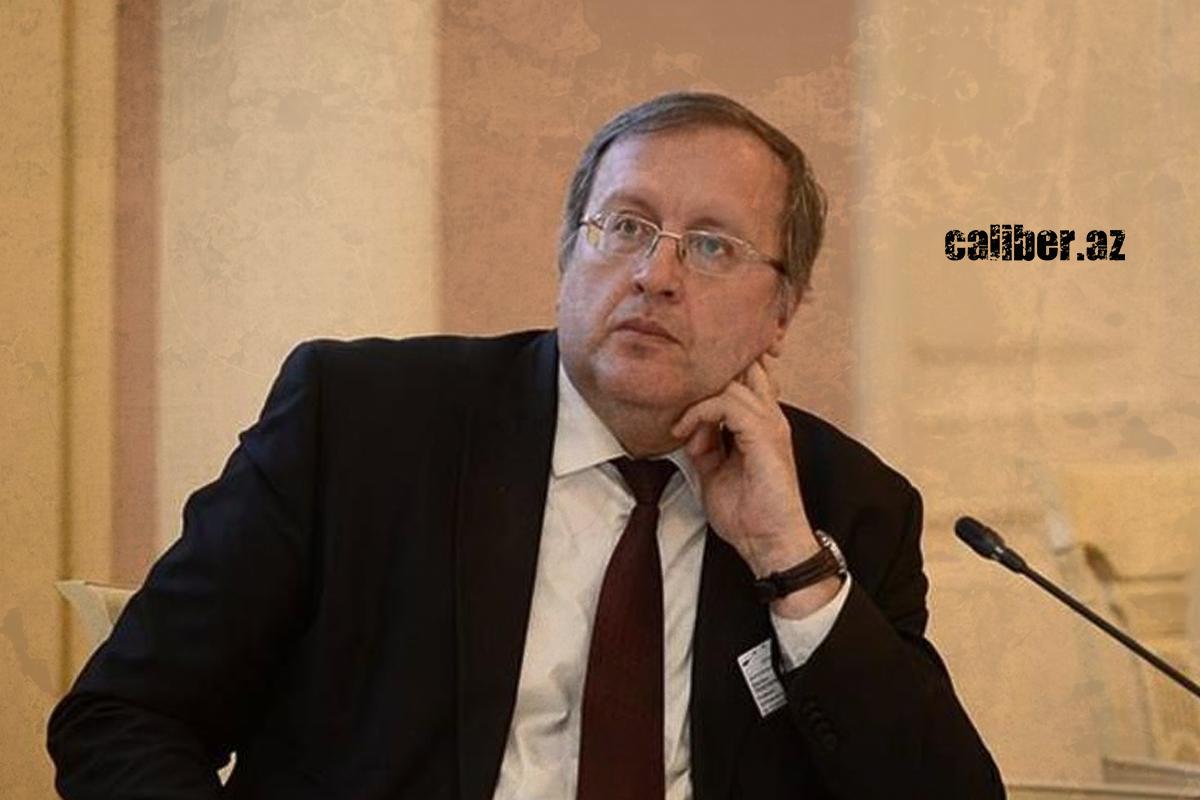Georgian opposition rejects parliament but accepts state funding Expert opinions on Caliber.Az
The Georgian opposition has rejected parliamentary mandates but not the accompanying funds. Following the parliamentary elections in Georgia on October 26, seven political parties are set to receive state funding, according to the Georgian Central Election Commission.
Eligible for state financing are the ruling party Georgian Dream – Democratic Georgia and the opposition groups Unity – National Movement, Coalition for Change, Gvaramia, Melia, Girchi, Droa, Gakharia for Georgia, Lelo, Alliance of Patriots of Georgia, and the New Political Center – Girchi.
Among these seven political entities, only the Coalition for Change has declined state funding. The deadline to refuse funding received as a result of the parliamentary elections expired on December 26.
The situation appears ambiguous and highlights the duplicity of the leaders of most opposition parties that entered parliament. Firstly, their renunciation of parliamentary mandates exists only in words. Even independent Georgian experts and bloggers have repeatedly pointed out that none of these parties has initiated any concrete legal procedures to officially renounce their mandates – it's all just talk, for appearances’ sake. In other words, they’ve retained their seats in parliament.
Secondly, it has now come to light that they also did not forgo state funding – the deadline for refusal was known to them, but they chose not to act on it. What does all this indicate? Could it be that these opposition figures intend to make some noise on the streets for a while, only to quietly take up their seats in parliament later, begin working there, and continue receiving additional state funds for their parties from the “hated government”?
Foreign experts, at the request of Caliber.Az, have shed light on these questions.

Political scientist and founder of the SIKHA Foundation research centre, Archil Sikharulidze, noted that this is not the first time such behaviour has occurred.
"In 2020, the opposition acted in exactly the same way. Back then, they also tried to force the government to hold new parliamentary elections through violent methods and boycotts. However, in the end, not only did they request funding, but they even demanded money for the days they were absent from parliament," the researcher explained.
In other words, they received full compensation, he emphasized.
"The only party and politician who refused the funding are Nika Gvaramia and his coalition—but they are already financially well-off, so for them, it’s an 'all or nothing' game," said Sikharulidze. "Most likely, they will end up with nothing, which is why they declined the funds."
As for the others, they accepted because if these parties don’t receive financial assistance and don’t enter parliament, there will be nothing left of them by the next elections in 2028. "I am confident these parties will eventually enter parliament," he continued. "Right now, they are trying to play their hand as best they can, but it has failed again. There will be no early elections, especially not in the format the opposition demands. So, they decided to take state funding and, in a month or two, they will quietly join the parliament."

Russian expert on the South Caucasus, Konstantin Tasits, also pointed out that this scenario is not new to Georgian politics.
"In 2020, the opposition similarly refused to recognize the results of the parliamentary elections and declared that they were giving up their mandates. However, the only one who actually followed through was Nika Melia. The other opposition parties, after a year and a half, reached an agreement mediated by the President of the European Council, Charles Michel, and eventually entered parliament. It is quite likely that the situation will unfold in a similar manner this time, and after some time, the moderate part of the opposition will accept the parliamentary mandates," Tasits predicted.
According to Stanislav Tkachenko, a professor at St. Petersburg State University and head of its Master's Program in Diplomacy, as well as a Doctor of Economics, the behavior of the Georgian opposition—initially vehemently rejecting the parliamentary election results and then acquiescing to them—reflects a more complex process.
It illustrates the declining influence of the European Union in the post-Soviet space, as well as the recognition of new political realities in which state sovereignty and independence in foreign affairs take precedence over the “European choice”, Tkachenko explained.

"There is no doubt that, starting from October 26, 2024, when the parliamentary election results were announced, the Georgian opposition coordinated its efforts to overturn the results through an attempted coup with the U.S. and European embassies in Tbilisi," said Professor Tkachenko.
"In other countries, and previously in Georgia itself, this was a failproof strategy. Promises of 'Western support' and mantras about 'European values' helped shift the electorate’s preferences on the eve of elections, while media and financial backing for pro-Western opposition from Washington and Brussels ensured the desired election outcome and immediate recognition of the new government by its Western patrons," he noted.
However, he believes that the fundamental changes in Europe and the world in this decade have rendered the old playbook of "soft coups" and "colour revolutions" obsolete.
"Observing the collapse of statehood in Ukraine, the degradation of governing structures in Moldova, and the severe socio-economic crisis in the Baltic states, Georgian citizens and political elites have made the only correct choice—abandoning the dream of European integration in favour of more concrete priorities for state-building," concluded Professor Tkachenko.
"Today, it is sovereignty, not European integration, that can ensure the future of the Georgian people, preserving their traditions and culture.
This explains the vacillation of the current Georgian opposition. In just one month, they have shifted their stance from one extreme (rejecting the election results, refusing to join parliament, and declining state funding) to the other (de facto recognizing the elections, agreeing to work in parliament, and asserting their right to state funding, which they now want to receive)," the professor stated.
Such inconsistency also reflects the dynamics within the countries of the collective West, Professor Tkachenko believes.
"It is highly likely that a new Republican administration led by Donald Trump will have little interest in the Georgian opposition, which has been accustomed to demanding and regularly receiving support from the U.S. since the times of Shevardnadze and Saakashvili. Moreover, the inability of EU leaders in December 2024 to impose sanctions on Georgia’s current leadership—other than revoking visa-free travel for about twenty politicians from Georgian Dream—demonstrates that Brussels has exhausted its leverage over Georgia.
Therefore, the opposition’s steps to rejoin Georgia’s political process are a natural and positive development for the stability and future progress of the country," Tkachenko concluded.








